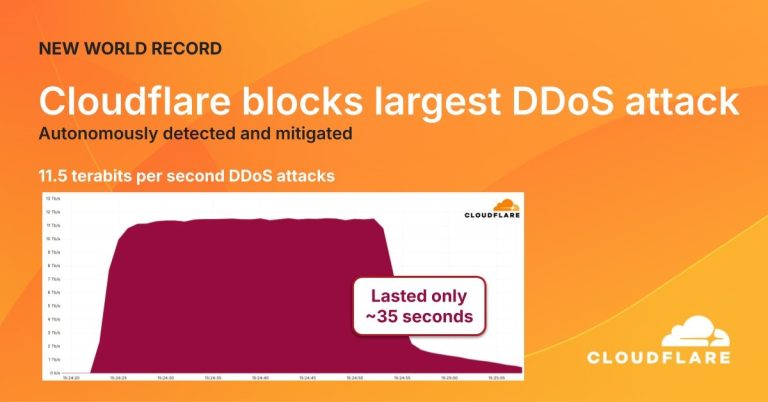
The Muddled Libra network—also known as Scattered Spider or Octo Tempest—lacks the rigid hierarchy and centralized control typical of many cybercriminal organizations. Instead, it resembles a loosely connected community of individual threat actors, bound by shared interests and communicating primarily through messaging platforms. Rather than operating as a single cohesive core, it comprises small strike teams assembled from members who frequently move between groups. This fluid structure makes them harder to track, yet still leaves distinctive traces by which the handiwork of specific operators can be recognized.
Since late 2022, Unit 42 analysts have identified at least seven such groups, each distinguished by its own skills, tactics, and objectives. Initially, many focused on cryptocurrency theft, with some maintaining this specialization entirely. Others gradually shifted toward less complex but more widespread operations. The pursuit of high-value “whales” in the crypto sphere often led them to adjacent sectors—including telecommunications, business process outsourcing, marketing, and authentication service providers.
Over time, Muddled Libra’s toolkit expanded far beyond cryptocurrency. Some factions began targeting unique intellectual property for the sake of demonstrating capability, impacting the media industry and software developers. Others adopted tactics akin to ransomware affiliates—destroying or encrypting data in industries where downtime is intolerable, such as retail and entertainment. Certain teams specialize in stealing user credentials for rapid sale on underground markets, while others focus on mass harvesting of personal information to construct detailed victim profiles. Such operations often target organizations holding especially sensitive and valuable data, including in finance, retail, and transportation.
This constant reshuffling of personnel and diversity of motives makes predicting the group’s next target nearly impossible. Experts advise companies to reverse-engineer their defense strategy from the standpoint of what might attract attackers—focusing on the value of their data and the potential avenues for compromise. For organizations managing large stores of personal information, this means rigorous classification, minimizing retention periods, enforcing strict access controls, segmenting networks, and deploying data loss prevention technologies. Those at risk from extortion should develop business continuity and incident recovery plans that deprive adversaries of leverage.
For consumer-facing companies, strengthening customer authentication measures is critical, ensuring stolen credentials cannot be reused. It is equally important to remember that Muddled Libra will continue forming new teams, adopting new techniques, and probing for weaknesses across multiple sectors. The only sustainable response is a comprehensive cybersecurity strategy grounded in risk management and deeply layered defense.




